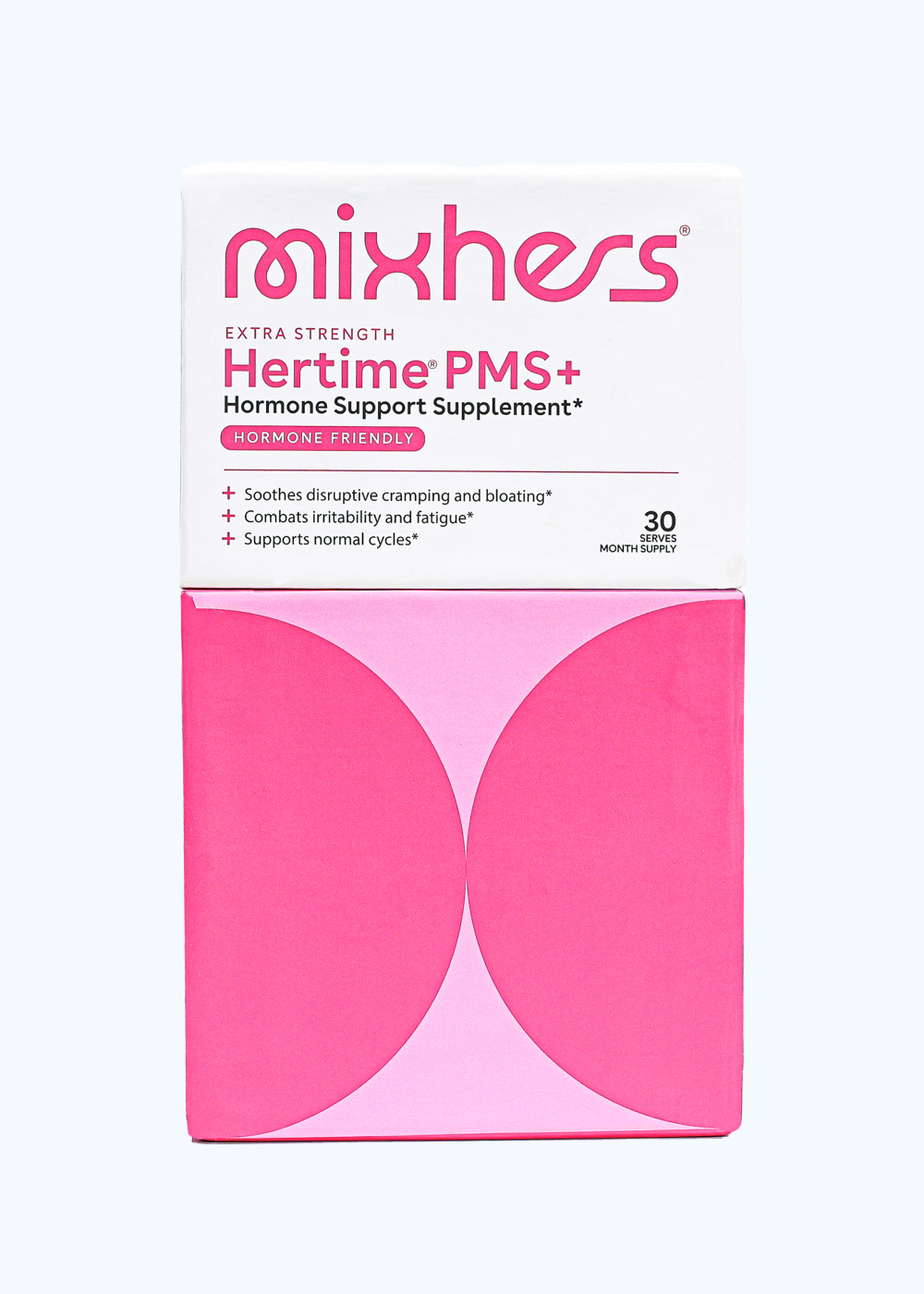We’ve skimmed over how some vitamins can improve your mood, but let’s dive a little deeper into why some vitamins are so good for helping you feel happy and focused.
B vitamins have long been linked to improved brain health, nervous system function, and mood. Research shows that deficiencies in vitamins B6 and B12 are associated with mood problems, increased risk of depression, and irritability. For those of us who consistently struggle with mood problems, increasing our consumption of B vitamins may help us gain greater control over our mood swings.
Vitamin D is also known as the sunshine vitamin because our skin needs exposure to sunlight to create it. But research shows that many adults are deficient in vitamin D without even knowing it. Since vitamin D plays such an important role in brain development, cognitive function, and healthy mood maintenance, it’s important to supplement it into your diet if you’re deficient. Vitamin D is also essential for optimal immune health. When you feel well, you’re more likely to feel happy and think positive thoughts consistently.
Vitamin E is another nutrient that’s very important to brain health. It’s a potent antioxidant that can help neutralize free radicals and boost your immune system. Deficiencies in vitamin E can potentially lead to mood disorders including anxiety and depression.












